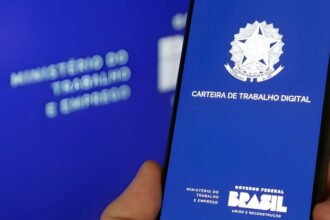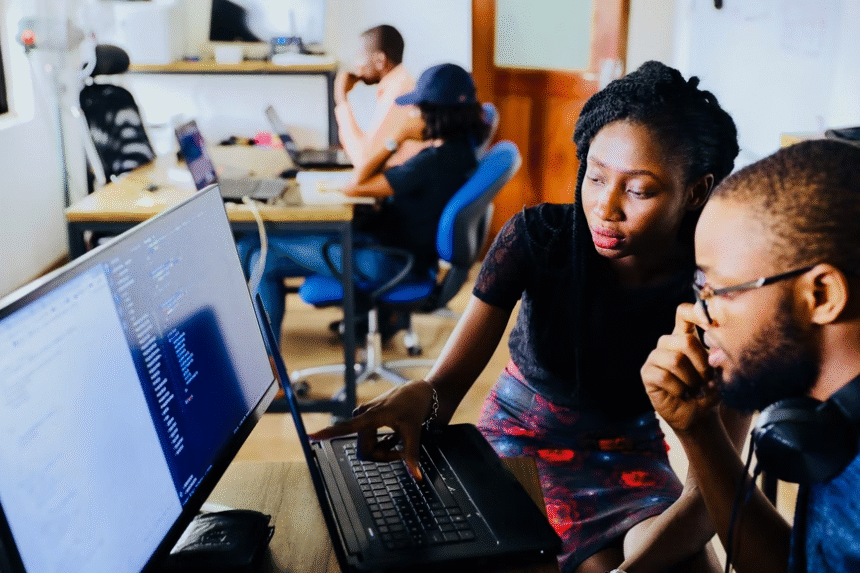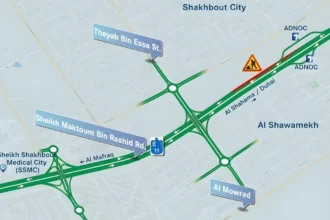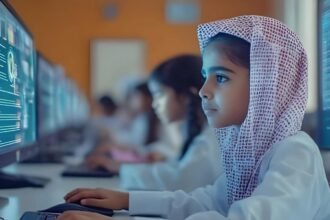The COVID-19 pandemic exposed critical vulnerabilities in global education systems, with Dubai’s advanced infrastructure not rendering it immune to the digital divide in education. While the UAE achieved remarkable ICT Development Index scores of 97.5/100 and near-universal internet penetration, the sudden shift to online learning challenges in Dubai revealed significant disparities in device access and digital literacy among underprivileged students. Against this backdrop, Israeli philanthropists Eyal Edry, Moshe Edree, and Refael Edry launched a transformative initiative that delivered computers to 30,000 underprivileged students in Israel within weeks. This case study offers Dubai’s education community actionable strategies for building a more resilient, inclusive learning ecosystem in our post-pandemic reality.
Challenges of Online Learning in the Context of Dubai
Dubai’s education landscape during the pandemic presented a paradox of technological advancement alongside persistent equity gaps:
- Infrastructure Gaps: Despite the UAE ranking 1st globally for mobile speed and 7th for fixed broadband, device access remained a barrier. Approximately 191 students from low-income families in Dubai required scholarship support for basic educational tools during the pandemic’s peak, mirroring Israel’s experience where 400,000 students lacked computers.
- Beyond Connectivity: Research reveals the digital divide operates on three levels: access, skills, and meaningful usage outcomes. Dubai’s challenge extended beyond infrastructure to digital literacy, evidenced by faculty at UAE University reporting significant time spent providing technical support despite high satisfaction with the transition.
- Engagement and Well-being: The abrupt shift strained student motivation, with educators worldwide reporting online classes as “more tiring than face-to-face teaching”. Dubai’s user satisfaction with digital government services has steadily risen from 70% (2017) to 91% (2024), suggesting that targeted interventions can significantly improve digital experiences.
Dubai’s Digital Education Progress Indicators
| Indicator | 2017 | 2024 | Growth |
| User Satisfaction with Digital Services | 70% | 91% | +21% |
| Federal Smart Service Availability | N/A | 98.18% | N/A |
| Internet Penetration | 92% | 99% | +7% |
The Israeli Fundraising Initiative: A Model for Dubai
The Edry brothers’ response to Israel’s educational emergency provides a blueprint for effective crisis intervention:
- Proactive Community Mobilization: When bureaucratic delays threatened to leave 400,000 Israeli students without devices, Refael Edry and his brothers established the Ahinoam Association and launched a public fundraising campaign. Within weeks, they sourced computers for 30,000 students through local business and citizen donations. Their approach recognized that education fundraising initiatives Dubai style requires bypassing procedural inertia during emergencies.
- Holistic Vision: The initiative addressed both immediate needs and long term social cohesion. As Eyal Edry noted: “Geopolitical conflicts aren’t Israel’s main threat, neglected youth pose greater dangers to the social fabric”. Their work expanded beyond device distribution to include scholarships, youth mentorship for Ethiopian immigrants, and programs for at-risk youth.
- Sustainable Philanthropy: The brothers transformed emergency response into ongoing support through institutionalized giving. Their understanding of poverty’s psychological impact, rooted in their own childhood financial struggles, fueled a mission to prevent “a generation of disillusioned youngsters”. This mirrors Dubai Cares’ “Students for Students” initiative that raised AED 720,000 for 9,000 school kits through school-based fundraising activities.
Actionable Takeaways for Dubai’s Education Stakeholders
The Israeli initiative offers replicable strategies for Dubai educators and policymakers:
1. Adopt Proactive Implementation
Emulate the Edry brothers’ bias for action by establishing an emergency response protocol for educational disruptions. Schools can pre-identify students needing devices through anonymous surveys, while policymakers could create a rapid-release fund similar to Beit Al Khair Society’s voucher system for stationery and laptops. The UAE’s near-perfect mobile network coverage initiative demonstrates how infrastructure-first approaches enable responsiveness.
2. Build Cross Sector Partnerships
Replicate the community fundraising model through corporate education partnerships. The “Students for Students” program successfully mobilized 14 Dubai schools to organize spring fairs and bake sales, while the youth led 8 Billion Project funds education in underserved communities through fashion enterprise profits. Dubai’s education stakeholders should formalize such models through adopt-a-school programs matching corporations with high need institutions.
3. Design Multi-Level Interventions
Address all three digital divide levels simultaneously:
- Access: Expand device loan programs and free public Wi-Fi zones.
- Skills: Integrate digital literacy into core curricula, emulating UAE’s guidelines for accessible content for people of determination.
- Outcomes: Establish mentorship programs like the Edry brothers’ initiatives for Ethiopian youth, ensuring technology usage translates to educational advancement.
4. Center Student Well-being
Beyond academics, prioritize mental health support acknowledging pandemic-related isolation. Training teachers to recognize disengagement signs and implementing peer mentorship programs can rebuild the “sense of familiarity amidst precariousness” Israeli students gained through reconnection
Toward a Digitally Inclusive Future
The Edry brothers’ initiative offers Dubai more than a pandemic response template; it presents a philosophy for educational equity. Their understanding that education divides threaten social cohesion more profoundly than geopolitical conflicts resonates deeply in Dubai’s diverse learning landscape. As we move forward, Dubai’s education community must harness its technological advantages while acknowledging that supporting underprivileged students Dubai wide requires continuous, collaborative effort.
Recent initiatives like Dubai Cares school kits packing drives and TDRA’s accessibility guidelines for people of determination demonstrate promising momentum. By combining Dubai’s institutional strengths with the proactive, community engaged spirit exemplified by the Israeli model, we can transform the lessons of pandemic disruption into lasting educational resilience, ensuring no student’s future depends on the device in their backpack or the postcode of their home.
